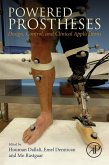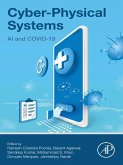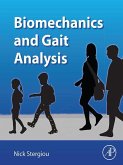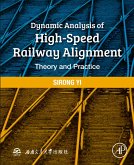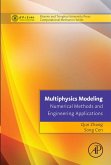This book bridges the gap between engineering and biomedical fields as it diagnoses and monitors neuro-musculoskeletal abnormalities using the latest technologies. The authors discuss how early detection technology allows us to take precautionary measures, in order to delay the degeneration process, through development of a clinical gait analysis tool. One unique feature of this book is that it pays significant attention to the challenges of conducting gait analysis in developing countries with limited resources. This reference will guide you through setting up a low-cost gait analysis lab. It explores the relationship between vision-based pathological gait detection, the design of tools for gait diagnosis and therapeutic interventions.
- Provides a concise tutorial on affordable clinical gait analysis
- Analyses clinical validation of low-cost sensors for gait assessment
- Documents recent and state-of-the-art low-cost gait abnormality detection systems and therapeutic intervention procedures
Dieser Download kann aus rechtlichen Gründen nur mit Rechnungsadresse in A, B, BG, CY, CZ, D, DK, EW, E, FIN, F, GR, HR, H, IRL, I, LT, L, LR, M, NL, PL, P, R, S, SLO, SK ausgeliefert werden.



